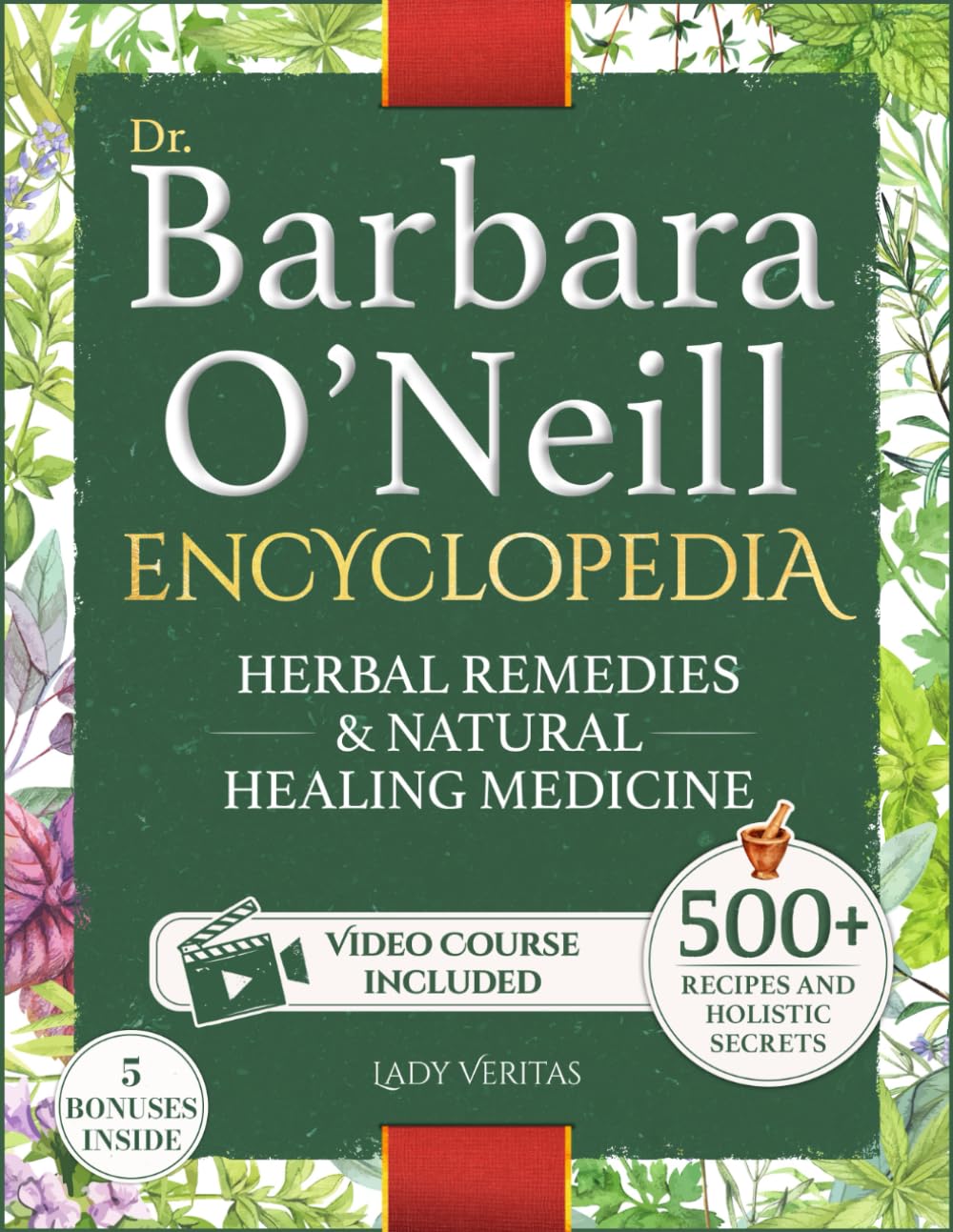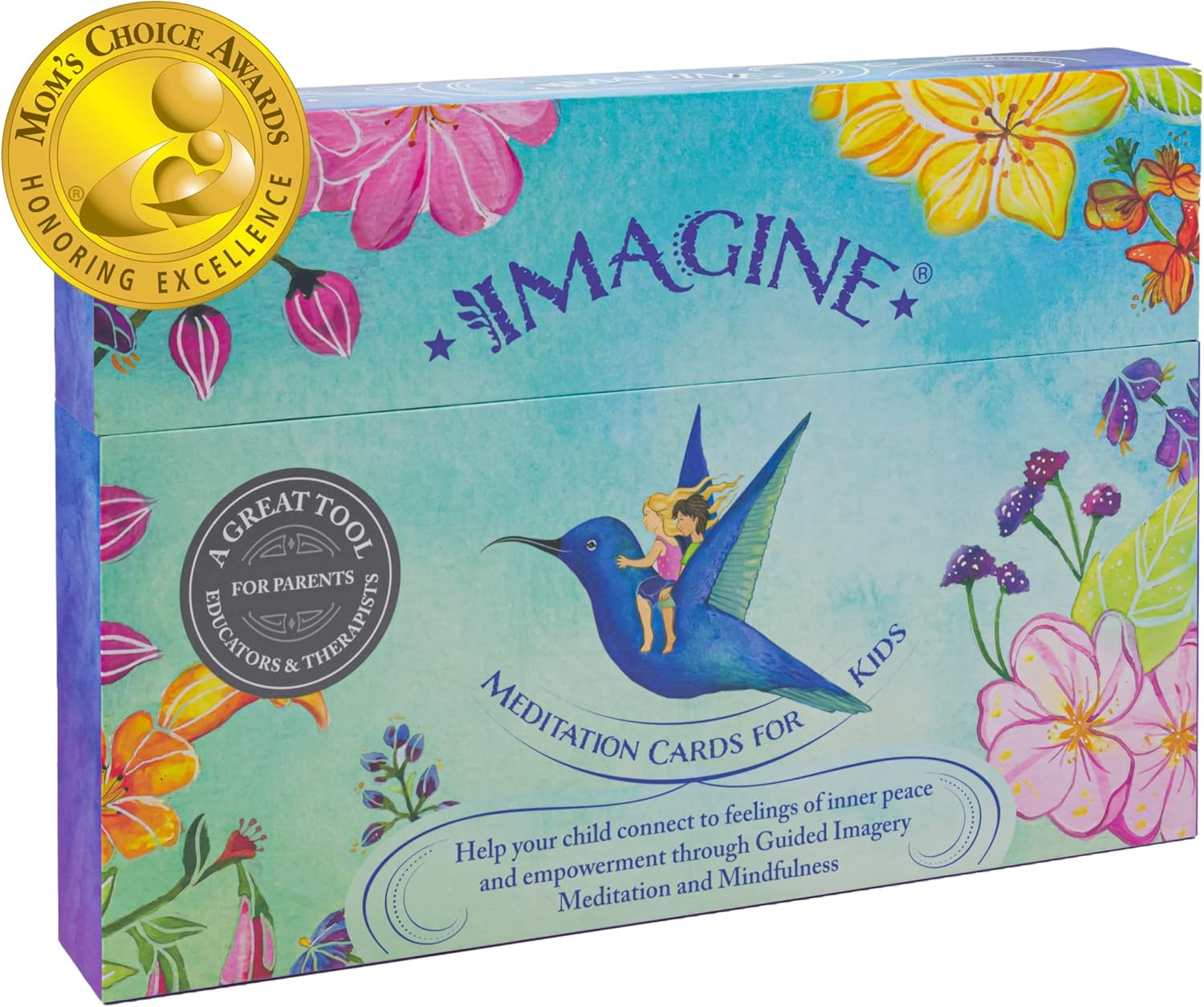Achieving emotional wellness for older women is essential for creating a life filled with balance, joy, and resilience. As we age, our emotional health becomes even more crucial—not just for mental clarity but for overall well-being. Emotional wellness is a vital component of holistic health, which includes physical, intellectual, and spiritual wellness. This guide explores practical steps to cultivate emotional well-being for older women, providing actionable strategies to support inner peace, resilience, and authentic fulfillment.
Table of Contents
What is Emotional Wellness and Why Does it Matter?
Emotional wellness is the ability to understand, accept, and manage our emotions, which helps us navigate life’s ups and downs with confidence. For women over 40, achieving emotional wellness is about finding a place of balance, resilience, and satisfaction—especially as emotional health influences physical, mental, and even spiritual well-being.
Why It’s Essential for Older Women
- Emotional challenges may intensify with age due to life transitions, health changes, and shifting priorities.
- Unmanaged emotional health can negatively impact physical well-being, relationships, and overall quality of life.
- By fostering emotional wellness, women can improve their resilience, deepen relationships, and enhance their holistic well-being.
Key Pillars of Emotional Wellness
To build emotional wellness, it’s helpful to focus on core pillars that support balanced emotional health.
Building Resilience and Self-Compassion
- Practice Self-Compassion
- Replace negative self-talk with affirmations. Try phrases like, “I am enough” and “I am worthy of peace and happiness.”
- Remember that self-compassion allows us to recognize our mistakes without judgment, opening the door for growth and self-love.
- Cultivate Resilience
- Accept challenges as opportunities for growth rather than setbacks.
- Focus on problem-solving and adapt to life’s changes to build resilience over time.
Emotional Awareness and Mindfulness
- Increase Emotional Awareness
- Practice checking in with yourself to identify and label emotions (e.g., anger, sadness, joy). Journaling can be a powerful tool for this.
- Emotional awareness helps you to respond thoughtfully, rather than reacting impulsively.
- Mindfulness Practices
- Engage in mindfulness techniques like meditation or deep breathing exercises to stay grounded.
- Just 5-10 minutes of mindfulness each day can reduce stress and promote emotional balance.

Nurturing Positive Relationships
- Seek Supportive Connections
- Surround yourself with individuals who uplift you. Quality friendships enhance happiness and reduce stress.
- Nurture relationships with family, friends, and community members for a supportive social network.
- Embrace Vulnerability
- Open communication builds deeper connections. Be open about your feelings to create honest, authentic bonds.
- Allowing yourself to be vulnerable enhances emotional intimacy and reduces feelings of isolation.
Everyday Emotional Self-Care Techniques
Simple self-care techniques practiced regularly can make a huge impact on emotional wellness.
Daily Gratitude and Journaling
- Gratitude Practice
- Take a few minutes each day to write down three things you’re grateful for. Gratitude shifts focus from stressors to positivity.
- A gratitude practice can improve mood, promote optimism, and enhance overall happiness.
- Journaling
- Use journaling to explore emotions, reflect on experiences, and process challenges.
- Try prompts like “What am I proud of today?” or “How did I overcome a challenge recently?”
Setting Boundaries
- Recognize the Need for Boundaries
- Establish boundaries that honor your emotional energy. This may mean saying “no” to certain requests or setting limits with others.
- Boundaries protect your emotional health and create space for personal growth.
- Practice Assertiveness
- Clearly communicate your boundaries without guilt. Remember, saying no can be an act of self-respect and self-care.
- Assertiveness empowers you to prioritize your well-being without feeling pressured to please others.
Engaging in Activities That Spark Joy
- Find a Joyful Hobby
- Engage in activities that bring you pleasure, whether it’s painting, reading, gardening, or dancing.
- Pursuing joyful activities reduces stress, boosts mood, and provides a sense of accomplishment.
- Incorporate Movement and Creativity
- Physical activity and creative outlets are both powerful tools for managing emotions and reducing stress.
- Try activities like yoga, nature walks, crafting, or music to add joy to your day and enhance emotional health.
How Emotional Wellness Supports Holistic Well-Being
Achieving emotional wellness for older women is an essential piece of holistic health, intertwining with physical, intellectual, and spiritual wellness to promote overall well-being.
Physical Wellness: The Mind-Body Connection
- Exercise improves mood, increases energy, and reduces anxiety.
- Nutrition supports emotional balance; certain foods (like leafy greens, nuts, and omega-3-rich fish) promote better mood and mental clarity.
- Sleep is foundational for managing stress. Prioritizing quality sleep helps regulate emotions and enhances resilience.
Intellectual Wellness: Keep Growing and Learning
- Mental Stimulation through reading, puzzles, or learning new skills keeps the mind active and boosts emotional stability.
- Lifelong Learning fosters a sense of purpose, helping you stay engaged and feel more accomplished.
Spiritual Wellness: Finding Peace and Purpose

- Embrace Mindfulness and Meditation
- Connect with spirituality through mindfulness practices. Meditation, deep breathing, or spending time in nature can provide a sense of peace and grounding.
- Practice Acceptance and Letting Go
- Acceptance helps release worries over what you cannot control, creating emotional freedom.
- Engage in practices like prayer or quiet reflection to nurture a connection to something greater, fostering inner peace.
Building a Sustainable Emotional Wellness Routine
Developing a regular emotional wellness routine can sustain you through life’s challenges and bring greater joy to each day.
Creating Your Personal Routine
- Daily Check-Ins
- Take a few minutes each morning and evening to reflect on your emotions and intentions. This habit can help you stay grounded and connected to your needs.
- Incorporate Self-Care Practices
- Include activities from each wellness pillar—physical, intellectual, spiritual, and emotional—into your routine for holistic support.
- Start with a manageable schedule; consistency is more important than intensity.
Knowing When to Seek Support
- Recognize Signs of Struggle
- If feelings of stress, sadness, or overwhelm persist, consider seeking support from a therapist or counselor.
- Remember, asking for help is a sign of strength, not weakness. Professionals can provide guidance tailored to your unique needs.
- Join a Support Group
- Support groups, whether online or in-person, can offer a sense of community and shared understanding.
- Connecting with others facing similar challenges can reduce loneliness and provide comfort.
Achieving Emotional Wellness for Older Women: A Path to Lasting Balance and Joy
Achieving emotional wellness for older women is a vital part of living a balanced, fulfilling life. By incorporating self-care routines, focusing on resilience and mindfulness, and nurturing connections, you’re actively creating a foundation of emotional health. Small, consistent efforts in these areas can lead to meaningful changes, empowering you to live with joy, confidence, and a sense of holistic well-being.
Take the first step today toward emotional wellness—choose one new habit to adopt or strengthen. Remember, holistic health is a journey, and every step forward brings you closer to a life of balance, happiness, and emotional resilience.
Disclaimer: The information provided in this article is for informational purposes only and is not intended as medical or mental health advice. Always consult with a qualified healthcare professional or mental health provider for personalized advice and treatment.



